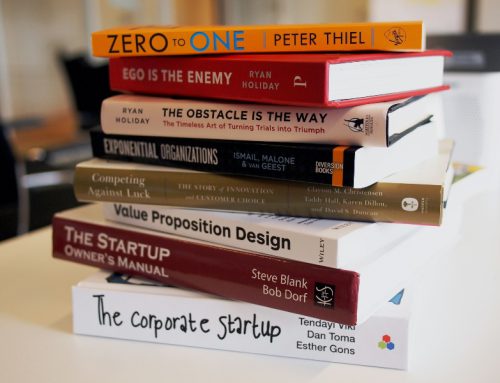The Government has recently launched a new Enterprise Innovation Scheme (EIS) designed to offer enhanced tax benefits to businesses engaged in eligible activities aimed at fostering innovation. Starting from the Year of Assessment (YA) 2024, companies involved in research and development (R&D), innovation, and capability development endeavours can now avail themselves of a generous 400% tax deduction for five specified categories of qualifying activities, along with the option for cash conversion. These five categories encompass the following:
- Qualifying Expenses for R&D Projects and Related Costs in Singapore: Under this category, the criteria for eligibility to claim the 400% enhanced tax deduction will align with the existing conditions for the additional 150% tax deduction for expenses associated with R&D projects conducted in Singapore, as specified in Section 14D of the Act. A “qualifying R&D project” pertains to advanced, cutting-edge technology beyond the prevailing technical knowledge in a scientific or technological field. Routine modifications, quality control, and routine testing are excluded. The increased 400% tax deduction on the initial $400,000 of qualifying expenditure, up from the existing 250% deduction, presents an attractive proposition for businesses. However, it’s crucial to note that businesses must be prepared to furnish comprehensive documentation to substantiate their claims, which may pose some challenges.
- Qualifying Costs for Intellectual Property (IP) Registration: In this category, the tax deduction allowed for the first $400,000 of eligible costs incurred on intellectual property (IP) registration will be elevated to 400%. This enhancement is twofold, as it increases the deduction from the existing 200% on the initial $100,000 of expenditure.
- Acquisition and Licensing of IP Rights: The existing rules permit a writing-down allowance for the entire cost of acquiring qualifying IP rights, alongside a 200% enhanced deduction for the initial $100,000 spent on licensing such rights. The enhancement now extends a 400% allowance or tax deduction on the first $400,000 of qualifying expenses related to IP acquisition and licensing. It’s worth noting that this incentive is exclusively available to businesses with annual revenue below $500 million in the relevant YA. The intent is to target enterprises in this bracket, encouraging them to advance up the value chain, while larger businesses surpassing the revenue threshold do not qualify.
- Qualifying Training Expenditure: In addition to the existing tax deduction for training expenses, courses approved by SkillsFuture Singapore and aligned with the Skills Framework are eligible for a 400% tax deduction on the initial $400,000 of qualifying training expenses per year. The Government’s objective with this enhanced deduction is to incentivize businesses to invest in the upskilling and reskilling of their workforce, thereby enhancing their competitiveness.
- Innovation Projects in Collaboration with Polytechnics, the Institute of Technical Education, or other Qualified Partners: This initiative encourages partnerships between businesses and local institutions, offering mutual benefits to both entities and society at large. Amid a global talent shortage, this collaboration prepares young talents for the workforce and provides them with exposure to real-world business scenarios. Businesses can claim a 400% tax deduction on qualifying expenditures of up to $50,000 per year for innovation projects conducted in collaboration with partner institutions.
These measures under the Enterprise Innovation Scheme are designed to stimulate innovation, enhance business competitiveness, and foster valuable collaborations with educational and research institutions.
When in doubt, seek legal advice or consult an experienced ACRA Filing Agent.
Yours Sincerely,
The editorial team at Singapore Secretary Services
For more useful articles and videos, visit the Singapore Secretary Services resource page.
If you would like to submit a question or would like us to do an article on certain topics, please email us at [email protected].







Leave A Comment